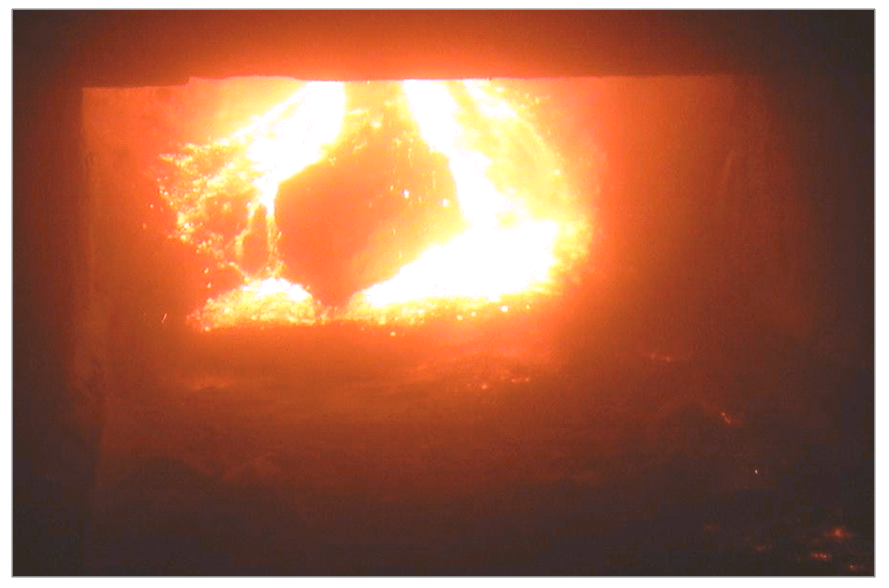Highlights in 2019
• Revenue increased by 10%.
• EBITA increased by 5%.
• EBITA margin declined to 8.1%.
• Increased service order intake, but lower capital order intake.
• CFFO increased significantly to DKK 948 m.
Order intake decreased by 10% to DKK 19 554 m in 2019, explained by a lower level of large capital orders due to the increased market uncertainty and delay in customer decisions. However, the service business maintained a good momentum with an increase in service order intake of 3%, underpinned by record high service order intake in cement in the fourth quarter.
The order backlog declined by 12% to DKK 14 192m in 2019 (2018: DKK 16 218m) as a consequence of the lower level of capital order intake during the year. Timing of large orders has a significant impact on the backlog development, and FLSmidth has announced large orders of approximately DKK 2.0 billion in the first quarter of 2020.
Financial performance
Revenue increased 10% to DKK 20 646m, explained by a 15% growth in mining and a 3% growth in cement.
FLSmidth Group CEO, Thomas Schulz, commented: “2019 has been a year of challenges but also successes. We maintained a stable growth in revenue and the service business gained momentum over the year. We see rising demand for our solutions to help customers obtain a more sustainable production, and good progress was made on our digital and sustainable innovations. During the year however, we experienced an unfavourable development in business mix and a weakening business environment. The latter led to delayed customer decisions and postponement of capital orders, and some mining projects delivered lower profit than anticipated. While this was disappointing, we were pleased to see that the financial performance of our cement business showed a positive development despite challenging market conditions.”
EBITA increased by 5%, while the EBITA margin declined to an unsatisfactory 8.1% due to the lower than expected profitability in mining. The EBITA margin in Cement improved following internal efficiency measures and a more selective approach to large projects.
Cash flow from operating activities increased significantly to DKK 948 m and the free cash flow adjusted for acquisitions and disposals increased to DKK 574 m, compared to DKK -15 m in 2018.
Average capital employed increased to DKK 15 251m, mainly as a result of an increase in working capital and lease assets. Consequently, ROCE decreased from 11.0% to 10.9%.
Thomas Schulz, continued: “In the context of market developments and financial performance during the year, we have accelerated business improvement initiatives and we are confident that the actions we are taking will create a strong foundation to deliver sustainable profitable growth and shareholder value. Sustainability and digitalisation will be key differentiators in the years to come and help expand the gap to the mid-market. We are well-positioned in both areas and have made step-changing progress in 2019. Our launch of ‘MissionZero’ truly demonstrates our leadership within sustainable productivity and sends a strong message to customers that we are determined to provide zero emissions technology to the mining and cement industries by 2030.”
Highlights in Q4 2019
• EBITA decreased 5% and the EBITA margin declined to 8.1%.
• Service order intake increased 8%.
• Capital order intake declined 18%.
• Cash flow from operating activities increased significantly to DKK 327 m.
As anticipated, earnings in mining were affected by lower profitability on projects and costs related to business improvements.
The higher revenue, combined with internal efficiency improvements, drove operating leverage and improved profitability in cement.
Guidance 2020
FLSmidth guides for revenue of DKK 18.5 – 20.5 billion (2019: DKK 20.6 billion) and an EBITA margin of 8 – 9% (2019: 8.1%). The return on capital employed (ROCE) is expected to be 9 – 12% (2019: 10.9%).
Revenue is expected to have a phasing with a seasonally low level of activity at the beginning of the year and a seasonally high level of activity towards year-end.


